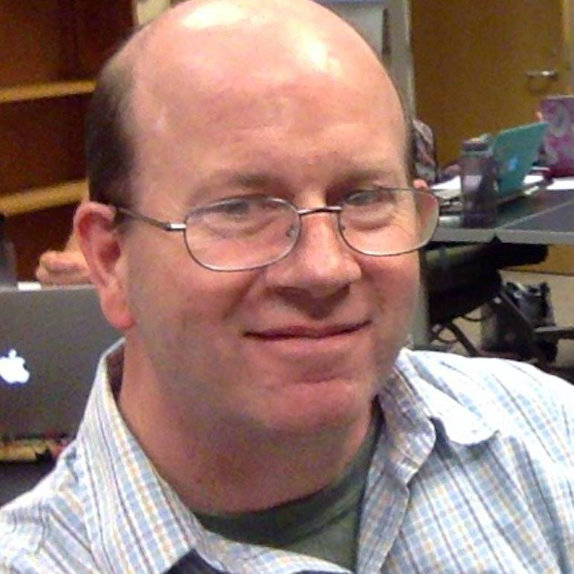Now accepting applications for spring 2026 admission!
Speech-language pathologists are healthcare professionals who combine knowledge from a wide range of fields such as language, psychology, education, and medicine. Whether your goal is to work in education or healthcare, our combination of classroom preparation and field experience will provide you with everything you need for a rewarding career as a speech-language pathologist.
Our Master of Science in Speech-Language Pathology will prepare you to help clients with a wide range of conditions across the lifespan including:
|
|
|
SLP Program Accreditation
The master of science (MS) education program in speech-language pathology (residential) at Regis College is accreditated by the Council on Academic Accreditation in Audiology and Speech-Language Pathology (CAA) of the American Speech-Language-Hearing Association, Research Boulevard, #310, Rockville, MD 20850, 1.800.498.2071 or 1.301.296.5700.
Speech-Language Pathology Career Facts
- Employment of speech-language pathologists is projected to grow 29 percent from 2020 to 2030, much faster than the average for all occupations.
U.S. Bureau of Labor Statistics - The 2024 median salary was about $95,410 a year.
U.S. Bureau of Labor Statistics - Rated #3 in Best Health Care Jobs and #10 in Best Jobs and #9 Among All Best Jobs.
U.S. News and World Report
Speech Language Pathology Explained In 90 Seconds
Video courtesy of CareerOneStop.
A Program That Speaks To You
Speech-language pathology is an inherently personalized profession. We work with patients and students one-on-one and in small groups to diagnose and treat individual needs. In comparison to the large graduate SLP programs offered by New England state and Boston private colleges and universities, we are opting for a different approach with smaller class sizes and more personalized attention to students. By focusing on individual needs and interests, we can accommodate non-traditional students such as career-changers with late afternoon and evening classes and offer a structured part-time option. Of course, new college graduates are welcome too. Your learning experience as a graduate student will mirror your future work in the profession: created for the individual.
As a speech-language pathologist, you will be able to work with clients of all ages and backgrounds, within a wide array of settings including hospitals and clinics, nursing homes, private practices, and schools. The mission of our program is to prepare you to enter the field of speech-language pathology with the skills necessary to assess and to treat a diverse population of individuals, to integrate scholarship and policy into practice and to serve and lead in the community.

Speech-Language Pathology Outcomes
Upon completion of the MS in Speech-Language Pathology (SLP), students will demonstrate the following knowledge, skills and professional standards. Students will:
- Demonstrate knowledge of anatomical and physiological aspects of typical and atypical speech, language, hearing, cognition and swallowing processes, and genetic and pathophysiological processes affecting these functions.
- Demonstrate clinical skills to screen, assess, diagnose and provide appropriate interventions for individuals with communication and/or swallowing disorders across a diverse population, as well as develop interventions to help prevent or mitigate loss of communication functions.
- Critically evaluate research, integrate theory, and apply evidence-based practice and clinical reasoning skills in order to problem solve within clinical settings.
- Demonstrate a professional code of conduct within the field of speech language pathology and audiology that is commensurate with the standards of the profession, including integrity, accountability, ethical conduct, communication, cultural competency, and patient care.
- Demonstrate knowledge of inter-professionalism in healthcare, and be able to collaborate with other health professionals to provide quality comprehensive services to individuals with diverse needs and backgrounds.
-
Student Outcome Data
Graduates Employed Within One Year of Graduation Year of Graduation # of Graduates # of Graduates Employed Employment (%) 9/2024-8/2025 18 18 100 9/2023-8/2024 19 19 100 9/2022-8/2023 18 18 100 Three-Year Average (%) 100 100 100 Student Praxis Examination Pass Rates Year of Graduation # of Students Taking Exam # of Students Passing Exam Pass Rate (%) 9/2024-8/2025 16 14 87 9/2023-8/2024 17 16 94 9/2022-8/2023 18 18 100 Three-Year Average 17 16 94 Student Program Completion Rates Year of Graduation # of Students Completed in Expected Time Completion Rate (%) 9/2024-8/2025 18/19 95 9/2023-8/2024 18/18 100 9/2022-8/2023 19/19 100 Three-Year Average (%) 100 98

